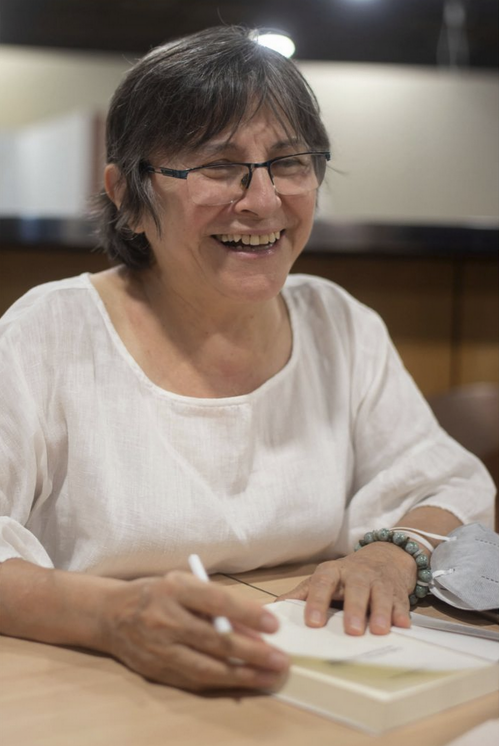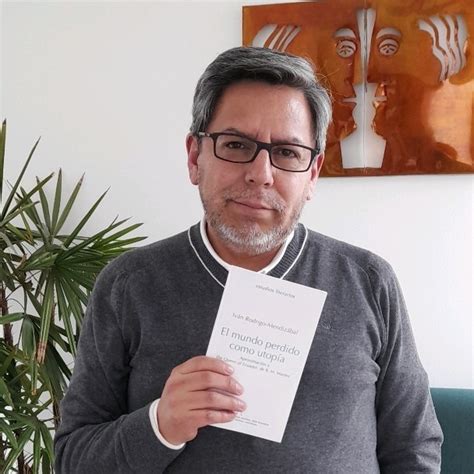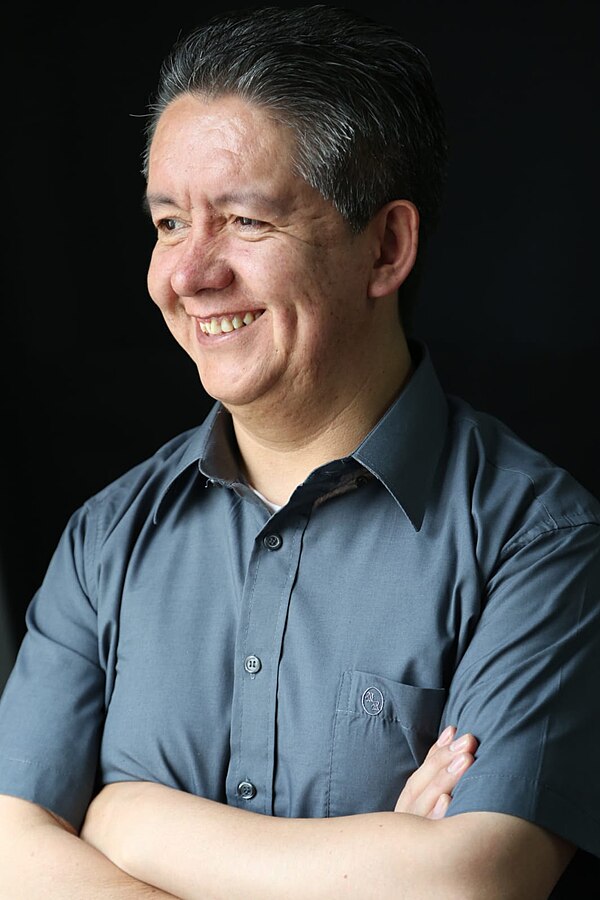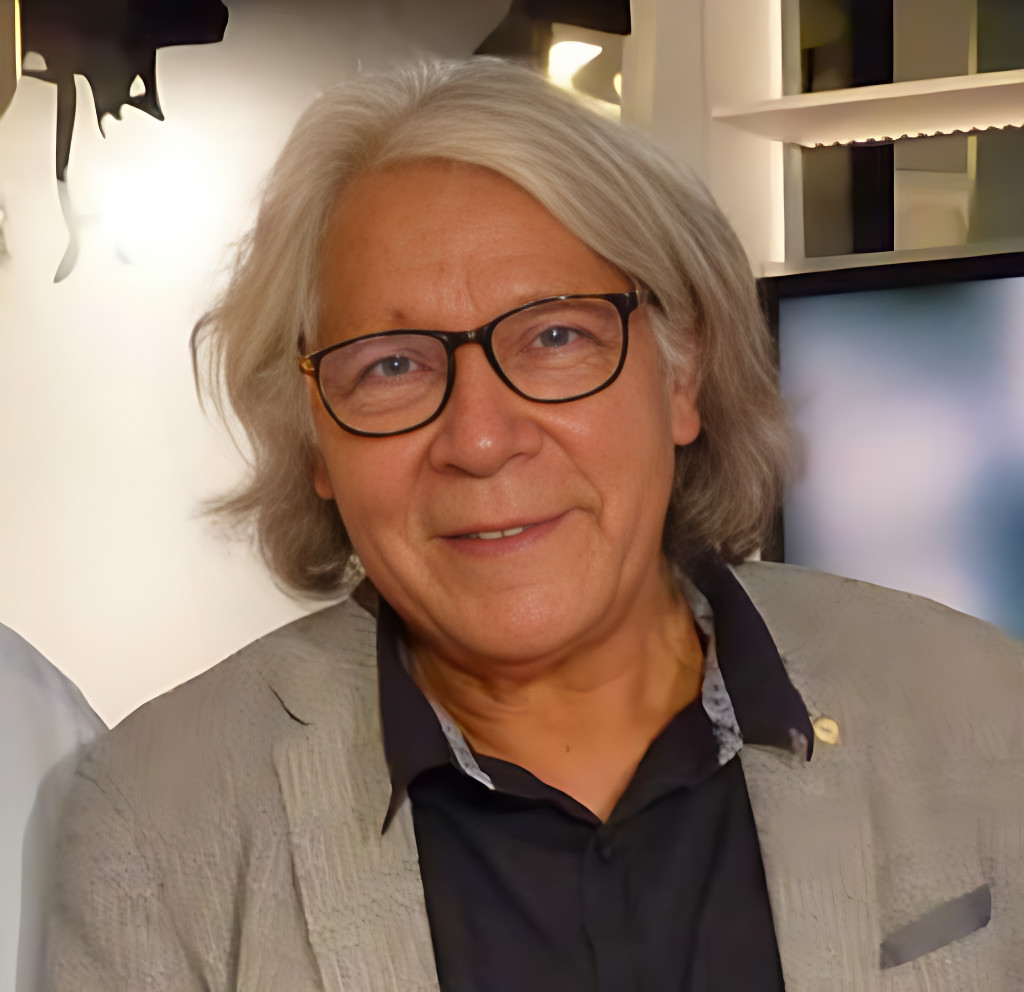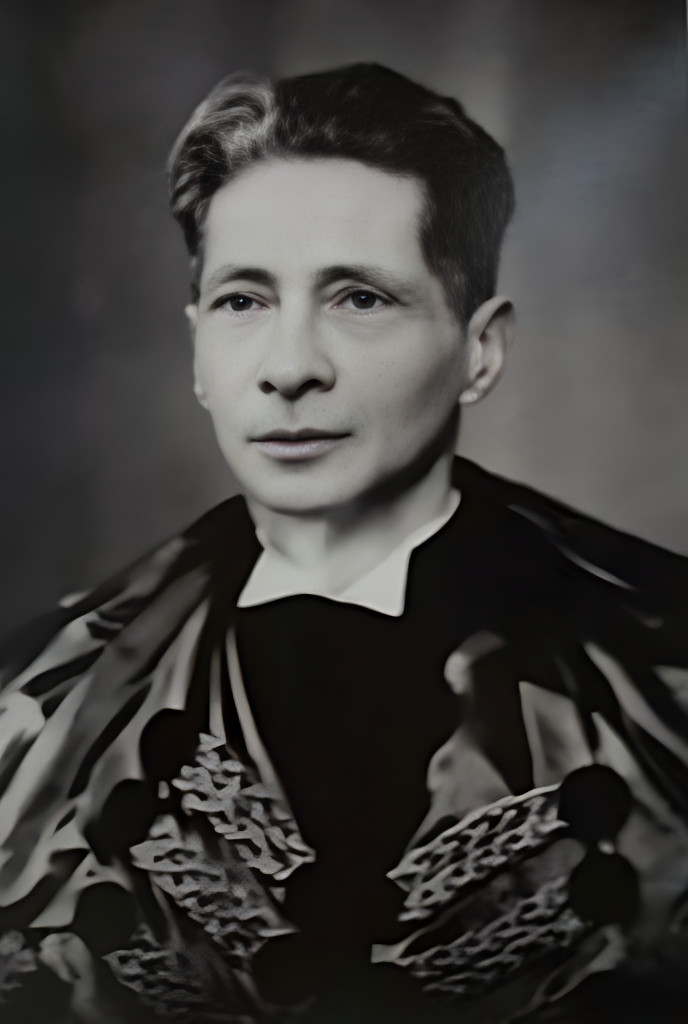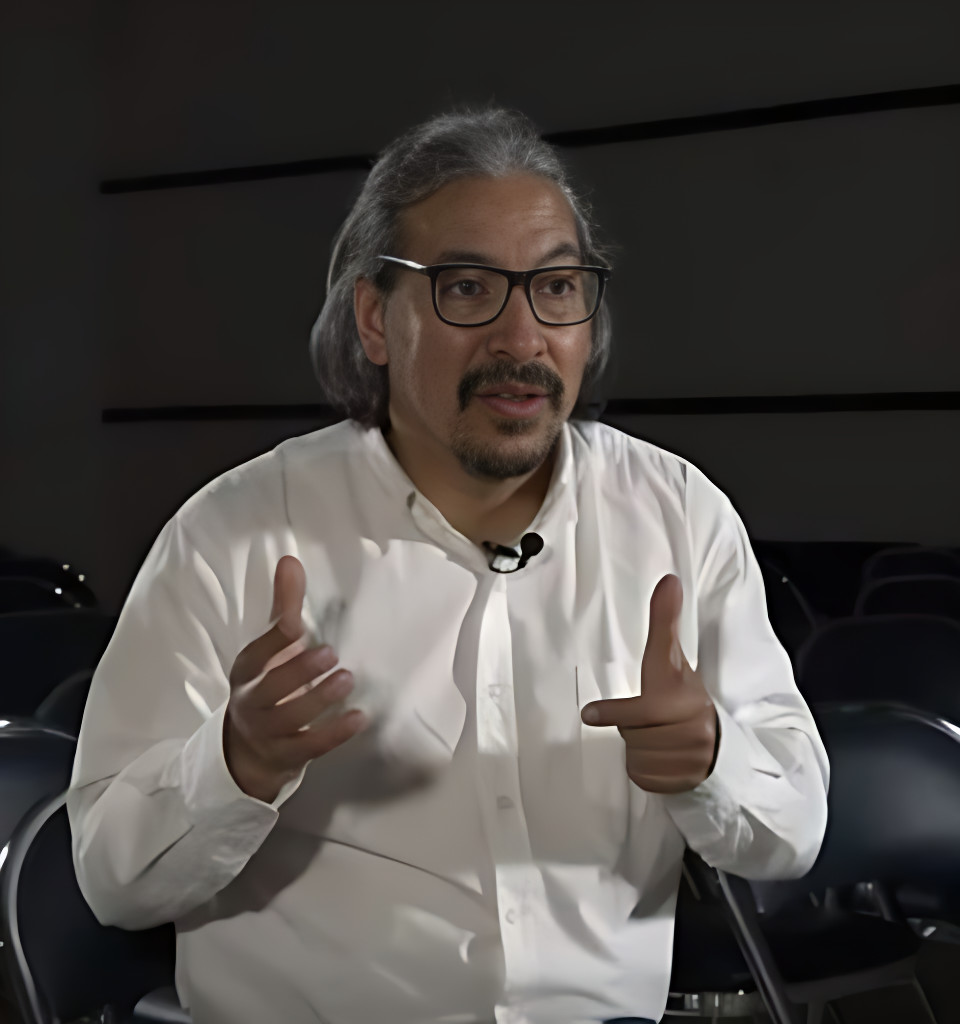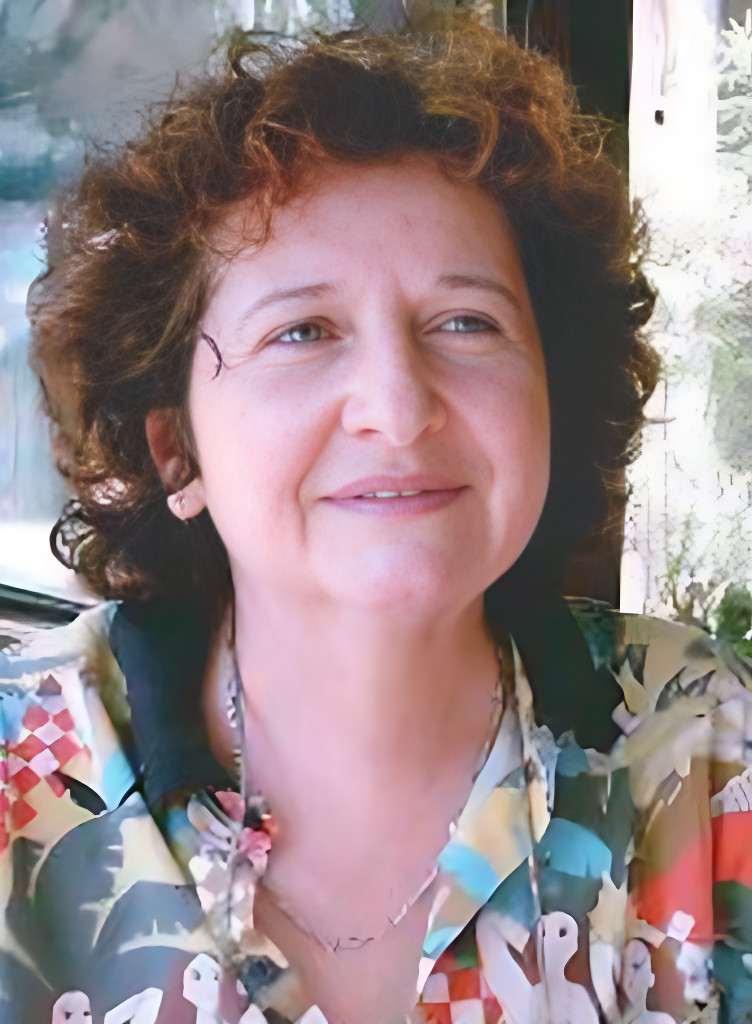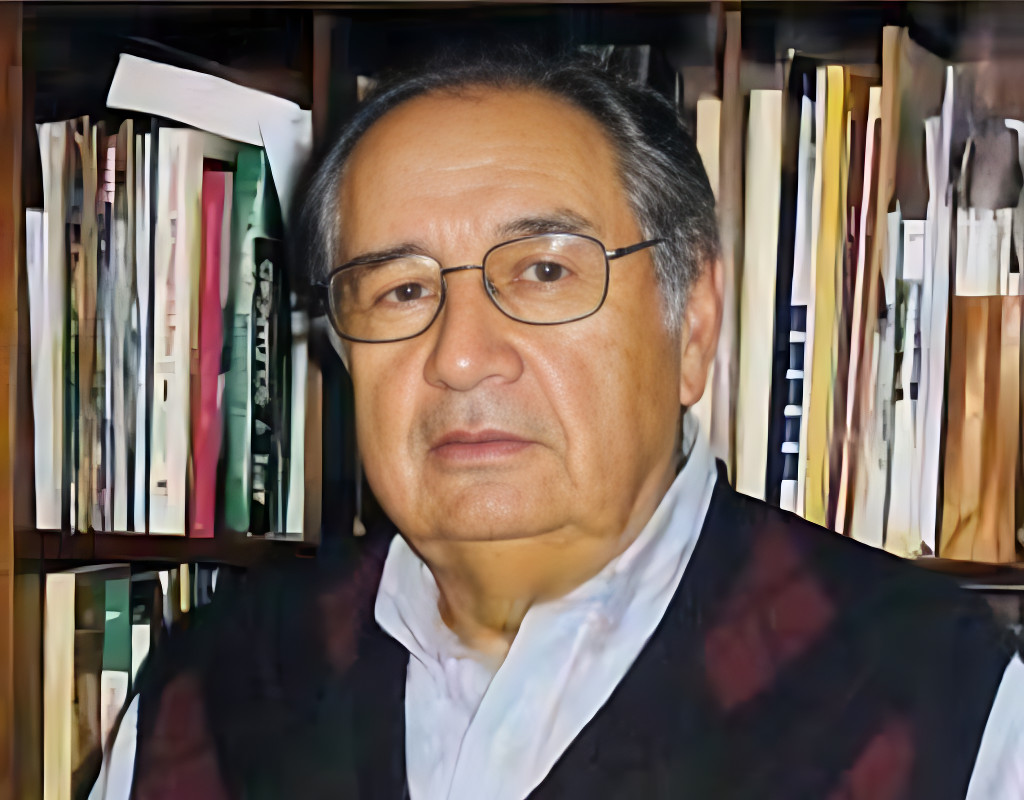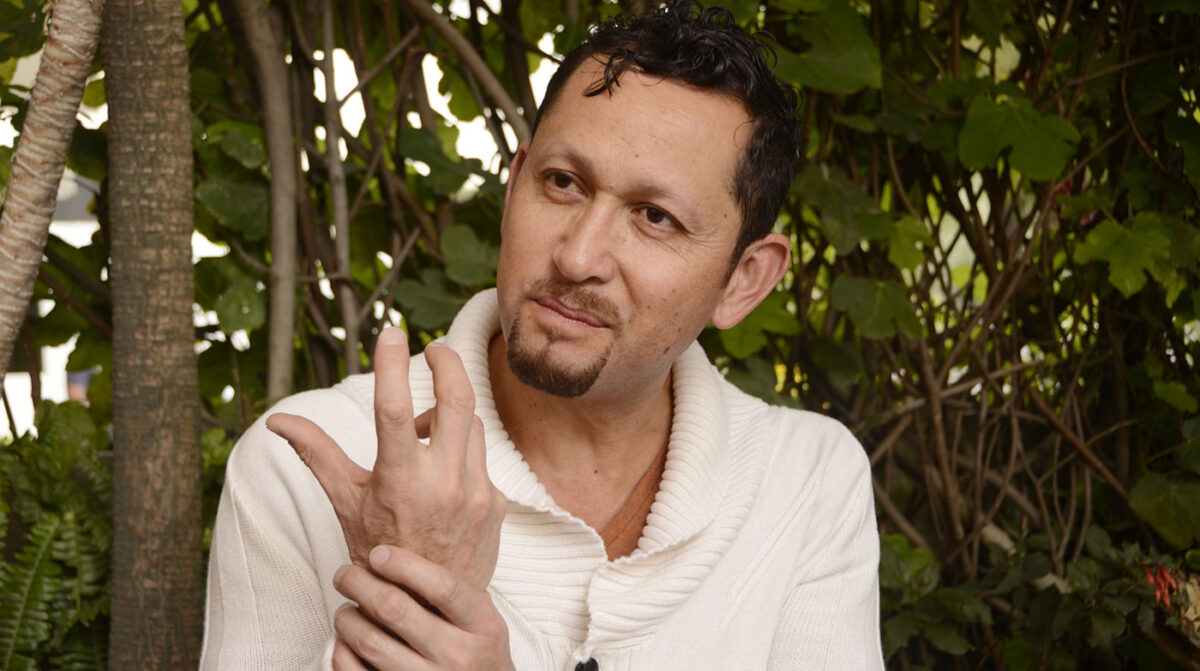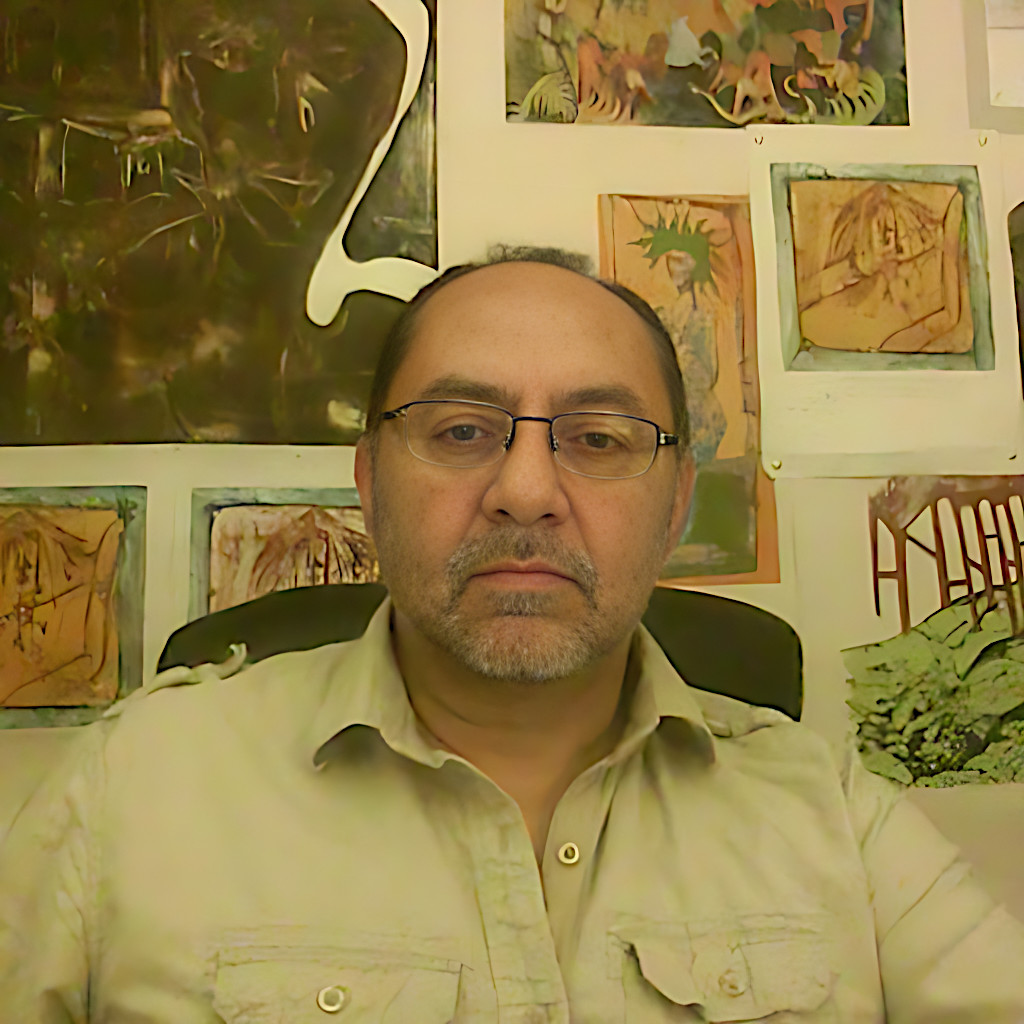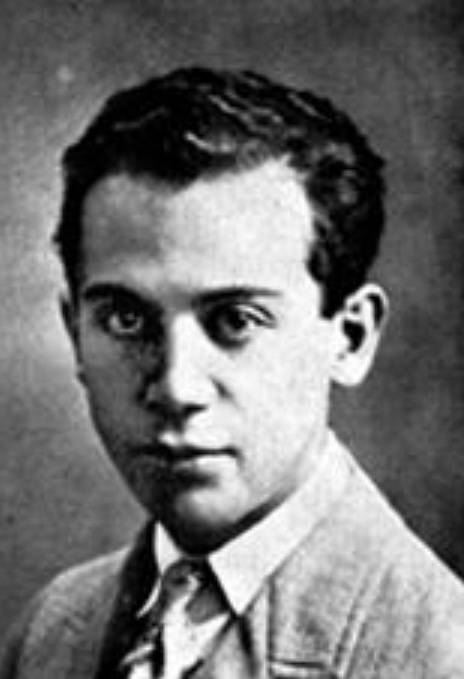Raúl Pacheco Pérez (Quito, Ecuador, 1963) is an Ecuadorian editor and literary scholar dedicated to preserving and promoting Ecuadorian literature and culture. Based at the Centro Cultural Benjamín Carrión (CCBC) in Quito, he has overseen significant editorial projects, including Ensayos Reunidos by Alfredo Pareja Diezcanseco (2010). Pacheco Pérez is also active on the editorial boards of literary magazines País Secreto and Ruido Blanco, and he co-edited the influential Antología de Poesía: Ecuador Siglo XX with Iván Carvajal. His work has included serving as a juror for the “Festival de la Lira.” Through his scholarship and editorial work, Pacheco Pérez is a key figure in Ecuador’s literary community.
Continue reading “Raúl Pacheco Pérez”Category: Scholars of Ecuadorian Literature
Carlos Aulestia
Carlos Hugo Aulestia Páez (Quito, 1973) is an Ecuadorian writer, literary critic, and professor. He holds a Ph.D. in Latin American Literature from the Universidad Andina Simón Bolívar and is currently the dean of the Faculty of Communication, Linguistics, and Literature at the Pontificia Universidad Católica del Ecuador. Aulestia has authored works spanning fiction, poetry, and essays, including the novel La obscuridad (2016) and the short story collection Flaquita my love (1995). His research focuses on Ibero-American literature, with a notable contribution through his doctoral thesis on Ecuadorian poets Medardo Ángel Silva, César Dávila Andrade, and David Ledesma Vásquez.
Continue reading “Carlos Aulestia”Martha Rodríguez Albán
Martha Rodríguez Albán (Loja, 1959) is an Ecuadorian fiction writer, literary scholar, and educator. She holds a Doctorate in Medicine and Surgery from the Universidad Católica de Santiago de Guayaquil and a Master’s in Cultural Studies from the Universidad Andina Simón Bolívar. As a fiction writer, she is known for her short story collections Nada más el futuro (1996), which won the Joaquín Gallegos Lara National Award, and Pero es después, bajo el sol (2001). In the field of literary criticism, she authored Narradores ecuatorianos de los 50: poéticas para la lectura de modernidades periféricas (2009) and Crítica literaria y sociedad en el Ecuador (1930-2000) (2022). She currently teaches at the Universidad Central del Ecuador in Quito.
Continue reading “Martha Rodríguez Albán”Iván Rodrigo Mendizábal
Iván Rodrigo Mendizábal (La Paz, Bolivia, 1961) is a Bolivian scholar, researcher, and professor specializing in communication, semiotics, and Latin American science fiction. He moved to Ecuador in 1992, where he has since worked as a professor and researcher, earning a doctorate in Latin American Literature and a master’s degree in Cultural Studies from the Universidad Andina Simón Bolívar (UASB) in Quito. Mendizábal teaches at UASB, focusing on visual communication, discourse analysis, and the intersection of technology and literature. He is the author of numerous academic works, including Máquinas de pensar (“Thinking Machines”) and Imaginaciones científico-tecnológico letradas (“Literate Scientific-Technological Imaginations”), and is recognized for his pioneering research on Ecuadorian science fiction.
Continue reading “Iván Rodrigo Mendizábal”Gustavo Salazar Calle
Gustavo Salazar Calle (Quito, Ecuador, October 3, 1966) is an Ecuadorian bibliographer, literary researcher, and historian. A corresponding member of the Academia Ecuatoriana de la Lengua since 2021, Salazar has dedicated over three decades to studying Ecuadorian and Ibero-American literature, with a focus on influential figures such as Benjamín Carrión and Rubén Darío. He has published 23 books, numerous scholarly articles, and has played a key role in the preservation of historical archives, including the Ecuadorian Consulate in Madrid and the Gaceta Judicial. His work continues to contribute significantly to the fields of literary and historical research in Latin America.
Continue reading “Gustavo Salazar Calle”Ramiro Oviedo
Ramiro Oviedo (Chambo, Ecuador, 1952) is a renowned poet and writer known for his literary contributions in Ecuador and France. He relocated to France in 1987, where he taught Latin American literature at Université du Littoral. Oviedo has published several acclaimed books. His collection, “Les poèmes du colonel” (2002) won the Trouvères Prize in 2002 and the Claude Sernet Prize in 2004. His captivating writing delves into the existential struggle for meaning in life and the challenges individuals face. Oviedo’s dedication to literature and teaching has made him a prominent figure in the international literary community, shaping the minds of aspiring writers and contributing significantly to the cultural exchange between Latin America and Europe.
Continue reading “Ramiro Oviedo”Humberto E. Robles
Humberto E. Robles (Manta, Manabí, Aug 18, 1938 – Miami, May 20, 2021) was an Ecuadorian writer and a renowned specialist in Ecuadorian and Latin American literatures. He retired from Northwestern University in 2003 after teaching for over 30 years and maintained a remarkable level of scholarly productivity until his death. His notable accomplishments included being named a member of the Ecuadorian Academy of Language, a prestigious cultural institution in Latin America. Professor Robles’s research focused on various topics within Spanish American literature, and he contributed extensively to encyclopedias, journals, and book collections. He authored several influential books and held significant academic positions throughout his career, making significant contributions to the field of literature.
Continue reading “Humberto E. Robles”De Plácido e Silva
Oscar Joseph de Plácido e Silva, known as De Plácido e Silva (Marechal Deodoro, Brazil, June 18, 1892 – Curitiba, Brazil, January 16, 1963) was a Brazilian jurist, writer, editor, translator, publisher, teacher, and businessman. In 1939, he founded and directed a publishing house, Editora Guaíra, headquartered in Curitiba, Brazil. In 1940, he created the publishing house’s Estante Americana collection which was the first to feature Hispanic American novels by neighboring countries. The famous Brazilian novelist and translator, Jorge Amado, was asked for title suggestions and acted as a sort of unofficial director of the collection. Due to its powerful social critique, Amado recommended the inclusion of “Huasipungo,” a 1934 novel by Ecuadorian author Jorge Icaza. De Plácido e Silva translated and edited “Huasipungo” into Portuguese and wrote the preface for the book, which was dated June 1941. It was the book’s first-ever Portuguese translation; since then, two additional Portuguese translations have been made. It is worth noting that the collection’s most successful works were “Doña Bárbara,” by Venezuelan author Rómulo Gallegos (translated by Jorge Amado in 1940) and “Huasipungo” by Ecuadorian author Jorge Icaza (translated by De Plácido e Silva in 1941). A school in Pinhais, Brazil, “Colégio Estadual Oscar Joseph D’Plácido e Silva,” established in the year 2000, was named in his honor.
Continue reading “De Plácido e Silva”Michael H. Handelsman
Michael H. Handelsman (Weehawken, New Jersey, United States, May 11, 1948) is an American university professor, scholar, literary critic, and writer. He is professor emeritus of Latin American literature at the University of Tennessee, Knoxville, where he has been teaching since 1976. He has directed the university’s Latin American Studies and Global Studies programs. His principal area of specialization is Ecuadorian literature and culture. Some of his books include: “Amazonas y artistas: Un estudio de la prosa de la mujer Ecuatoriana” (1978), “Lo afro y la plurinacionalidad: el caso ecuatoriano visto desde su literatura” (1999), and “Leyendo la globalización desde la mitad del mundo: identidad y resistencias en el Ecuador” (2005) which received the Isabel Tobar Guarderas award in Quito and the A.B. Thomas award in the U.S. He’s also written extensively on Benjamín Carrión, including: “En torno al verdadero Benjamín Carrión” (1989), “El ideario de Benjamín Carrión” (1992) and “Benjamín Carrión: el pensamiento fundamental” (2007). He’s been a visiting professor at the University of Kentucky, the Catholic University of Santiago de Guayaquil (UCSG), and the Simon Bolivar Andean University of Quito. Since November 12, 2012, he’s been a foreign corresponding member of Ecuador’s National Academy of Language.
Continue reading “Michael H. Handelsman”Gustavo Abad Ordoñez
Gustavo Abad Ordoñez (Loja, 1968) is an Ecuadorian journalist, essayist, editor, and university professor. His articles have been published in numerous newspapers, including El Comercio, HOY, El Universo and El Telégrafo. His scholarly and journalistic books include: “El monstruo es el otro: La narrativa social del miedo en Quito” (2005), “Medios y movilidad humana. Pautas para informar sobre hechos migratorios” (2009), “El club de la pelea: Gobierno y medios, un entramado de fuerzas y debilidades” (2011), “Ecuavoley: La ovación voluntaria” (2011). He teaches at the Faculty of Social Communication (FACSO) at the Central University of Ecuador. He worked as an editor for the magazines Chasqui and Textos y contextos. In 2022 his book “Crónica de multitudes. La dimensión carnal de la escritura” (2021) was bestowed the “Isabel Tobar Guarderas” Award by the Municipality of Quito.
Continue reading “Gustavo Abad Ordoñez”Olga Caro
Olga Caro Alda (April 25, 1949) is a French author, Hispanist, researcher, university professor, and lecturer. She holds a PhD in the Spanish language and has been teaching Latin American literature and culture at the Université du Maine in Le Mans, France. She specializes in the works of Ecuadorian novelist Jorge Icaza. In 1994, her interest in Icaza took her to Ecuador, where she extensively researched the author by exploring libraries and connecting with Icaza’s widow, Marina Moncayo. Marina graciously welcomed her into her home and provided access to Icaza’s personal archives, which Caro meticulously studied, photocopied, and photographed. During her research, Caro discovered two of Icaza’s long-lost stories, “Patrón Rafico” (published as “Capítulo para una novela inédita” in 1945) and “Fantasía reincidente” (1960). Impressed by her findings, Caro shared the news with Marina, who exclaimed, “It’s incredible, Jorge was looking for them to publish them and he couldn’t find them!” With the approval of Icaza’s daughters, Fenia and Cristina, Caro published a book in 2005 titled “Nouvelles de Jorge Icaza et études critiques” [Short stories by Jorge Icaza and critical studies]. The book featured the two rediscovered stories and included eight essays that Caro had previously written about Icaza.
Continue reading “Olga Caro”Antonio Sacoto Salamea
Antonio Sacoto Salamea (Biblián, Cañar, Ecuador, November 30, 1932) is an Ecuadorian literary critic, essayist, and university professor. He has a PhD from Columbia University in New York. He has served as Director of Latin American Studies and Dean of the College of Romance Languages at the City University of New York (CUNY). He has written around 20 books about Ecuadorian and Latin American literature. His first book was “The Indian in the Ecuadorian novel” (1967), wherein he analyzed the works of Jorge Icaza and Juan León Mera. The municipal library of the city of Azogues is named in his honor. He has been a member of the Ecuadorian Academy of Language since 2012.
Continue reading “Antonio Sacoto Salamea”Pedro Artieda Santacruz
Pedro Artieda Santacruz (Quito, 1964) is a psychologist, novelist, short story writer, journalist, essayist, literary critic, and professor. In 2003, he published a study titled “La homosexualidad masculina en la narrativa ecuatoriana” [Male Homosexuality in Ecuadorian Narrative], which received the Manuela Saénz Prize in 2004. His first novel, “Nadie sabe con certeza” [Nobody Knows For Sure], was published in 2001, followed by the psychological science fiction novel “La última pared roja” [The Last Red Wall]. In 2011, he released a collection of short stories titled “Lo oculto de la noche” [The Hidden Night], and in 2013, his third novel “Bajo el hábito” [Beneath the Habit] received an honorable mention at the Joaquín Gallegos Lara Prize for Best Novel of the Year. This novel tells the story of a transgender Franciscan living in a monastery in Quito. Pedro Artieda Santacruz has contributed to newspapers such as El Comercio and Hoy, and his articles on literature, cinema, and gender have been published in various magazines including Diners, El Búho, and Vistazo, among others.
Continue reading “Pedro Artieda Santacruz”Fernando Itúrburu
Fernando Itúrburu Rivadeneira (Guayaquil, 1960) is a writer, poet, essayist, literary critic, translator, and renowned scholar of Latin American literature. He is a Spanish professor in the Languages department at SUNY Plattsburgh where he has taught Latin American colonial and 20th century literatures, Cultural Studies, Women’s Studies, and Creative Writing. Often in collaboration with American professor Alexis Levitin, also of SUNY Plattsburgh, he has translated various Ecuadorian poets from Spanish to English. In 2009, they published “Tapestry of the Sun,” a bilingual anthology of Ecuadorian poets, which includes first-time translations of various Ecuadorian poets, largely from Guayaquil. Their translations of Ecuadorian poetry have also appeared in several literary journals. He was a member of the Guayaquil literary group Sicoseo. He has been a member of the House of Ecuadorian Culture since 1984.
Continue reading “Fernando Itúrburu”Augusto Arias
Augusto Arias Robalino (Quito, March 15, 1903 – Quito, August 24, 1974) was an Ecuadorian poet, essayist, biographer, anthologist, scholar, university professor, and literary critic. His poetry collection Del Sentir (1920) reflects the modernismo movement of early twentieth-century Ecuador. Arias was a passionate scholar of Ecuadorian letters and authored influential studies, including Panorama de la Literatura Ecuatoriana (1936), España en los Andes (1950), and El Viajero de Papel (1968). He also produced biographical studies on prominent figures such as Eugenio Espejo, Luis A. Martínez, and Pedro Fermín Cevallos. Additionally, he co-edited Antología de Poetas Ecuatorianos (1944) with Antonio Montalvo, marking one of the earliest collaborative efforts to document and celebrate Ecuadorian poetry.
Continue reading “Augusto Arias”

